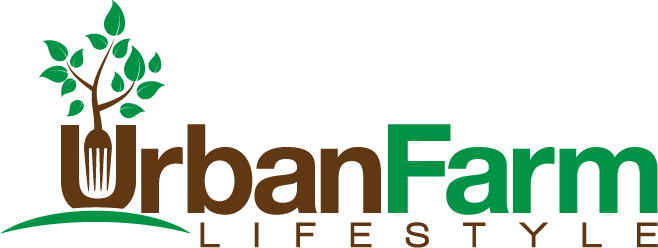Healthy Regenerative Lifestyle
Kale
Kale has been touted as one of the healthiest foods we can eat. When we think of our health we need to be careful of semantics. What is healthy and what is nutritious can be a whole different matter. This is a look at kale and its benefits to our diet.
David Proctor
We may not live on a farm, but we can grow where we live.
Superfood – Kale
by David Proctor
June 6, 2019
Urban Farm Lifestyle Magazine Published Weekly
I never ate Kale when I was growing up, at least that I can remember. We use to eat a lot of different vegetables but I never really had heard of kale until a few years ago.
I decided to see what kale is all about and determine if it should be added to my families diet on a regular basis.
First to define what kale is. According to Wikipedia: Kale or leaf cabbage is a group of vegetable cultivars within the plant species Brassica oleracea. They have green or purple leaves, in which the central leaves do not form a head. https://en.wikipedia.org/wiki/Kale
Research shows that kale can help lower cholesterol and has other medicinal benefits as outlined in the article Kale by George Mateljan.
To read more click this link to his article: http://www.whfoods.com/genpage.php?tname=foodspice&dbid=38

I came across another article while investigating the benefits of kale that was written in the Washington Post.
According to the article: No food is healthy. Not even kale. By Michael Ruhlman, we should really watch our words that are used to describe what is healthy and what is nutritious for our bodies.
I have talked about how the food industry labels their products and how sometimes a misunderstanding can come about if we are not careful about what we think we have read on the label.

To read more about what Michael has written in his article No food is healthy. Not even kale. Click the link: https://www.washingtonpost.com/lifestyle/food/no-food-is-healthy-not-even-kale/2016/01/15/4a5c2d24-ba52-11e5-829c-26ffb874a18d_story.html
There are a lot of foods that we can consume for the nutritional qualities and health benefits that our body needs, but kale ranks high on the list as a “superfood”.
Give it a try as part of your diet, combine kale with your salads or as a dish on its own. Your body will love you for it.
Check It Out!
10 Proven Benefits of Kale (No. 1 is Very Impressive)
By Kris Gunnars, BSc
1. Kale is among the most nutrient-dense foods on the planet
2. Kale is loaded with powerful antioxidants like quercetin and kaempferol
3. It is an excellent source of Vitamin C
4. Kale can help lower cholesterol, which may reduce the risk of heart disease
5. Kale is one of the world’s best sources of Vitamin K
6. There are numerous cancer-fighting substances in kale
7. Kale is very high in beta-carotene
8. Kale is a good source of minerals that most people don’t get enough of
9. Kale is high in lutein and zeaxanthin, powerful nutrients that protect the eyes
10. Kale should be able to help you lose weight
https://authoritynutrition.com/10-proven-benefits-of-kale/
Quick Tip
Tips for Preparing and Cooking Kale:
Rinse kale leaves under cold running water. Chop leaf portion into 1/2″ slices and the stems into 1/4″ lengths for quick and even cooking.
To get the most health benefits from kale, let sit for a minimum of 5 minutes before cooking. Sprinkling with lemon juice before letting them sit can further enhance its beneficial phytonutrient concentration.
The Healthiest Way of Cooking Kale:
We recommend steaming kale for maximum nutrition and flavor.
Fill the bottom of a steamer pot with 2 inches of water. While waiting for the water to come to a rapid boil chop greens. Steam for 5 minutes and toss.
How to Enjoy:
A Few Quick Serving Ideas…
Braise chopped kale and apples. Before serving, sprinkle with balsamic vinegar and chopped walnuts.
Combine chopped kale, pine nuts, and feta cheese with whole grain pasta drizzled with olive oil.
The George Mateljan Foundation
http://www.whfoods.com/genpage.php?tname=foodspice&dbid=38
Bibliography:
“Kale.” Wikipedia. Wikimedia Foundation, n.d. Mon. 03 June 2019.
“Kale.” Kale. The George Mateljan Foundation, n.d. Mon. 03 June 2019.
Ruhlman, Michael. “No Food Is Healthy. Not Even Kale.” Washington Post. The Washington Post, 17 Jan. 2016. Mon. 03 June 2019.
Gunnars, Kris. “10 Proven Benefits of Kale (No. 1 Is Very Impressive).” RSS 20. N.p., 28 Oct. 2014. Mon. 03 June 2019.



Recent Comments